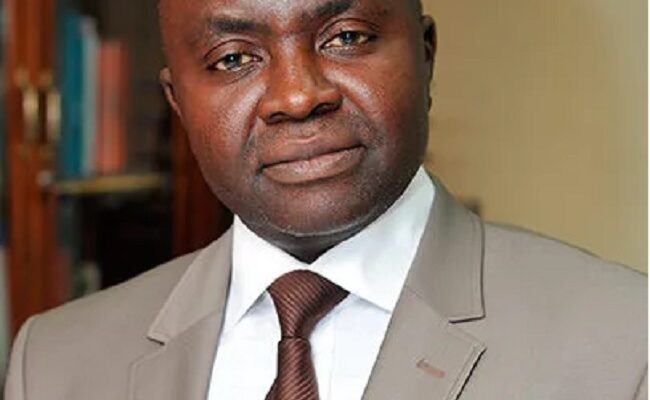As the inflation rate in Nigeria continues to rise for 10 straight months in a row, hitting 21.47 per cent in November, the Centre for the Promotion of Private Enterprise (CPPE) has called for urgent government intervention to fix supply-side constraints in the economy.
To tame the monster, the CPPE in its comments on November inflation figures said it demands urgent government intervention in “tackling production and productivity constraints, fixing the dysfunctional forex policy, and reducing liquidity injection through ways and means funding of fiscal deficit.”

Dr Muda Yusuf, the Director of CPPE in his comments said, “Fiscal deficit financing by the CBN is also a significant factor fueling inflation through high liquidity injection into the economy.
Tapering of monetary easing in the advanced economies is also driving imported inflation and the depreciation in the exchange rate.”
The CPPE Director noted that in the meantime, “the CBN should resist the temptation of further monetary policy tightening. The deployment of monetary tightening tools should be put on pause. The Nigerian economy is not a credit-driven economy which is why the tightening outcomes have been inconsequential as a tool to tame inflation.”
He observed that as of October 2022, credit to the private sector as a percentage of GDP was 22.7 per cent in Nigeria, while the percentages for other countries in 2020 according to the world bank were 32 per cent in Kenya; 96 per cent in Morocco; 193 per cent in Japan; 143 per cent in the UK; 216 per cent in the United States, and 39 per cent was average for sub-Sahara Africa.
According to him, this “underscores the need for variabilities in policy responses”, as “inflation had been spiking despite the serial monetary tightening”.
He stressed that “sustained tightening penalizes entrepreneurs (especially the real sector), increases the cost of credit with heightened prospects of a backlash on growth. Inflation restraining strategies should accordingly focus on productivity-boosting supply-side factors and reduction in ways and means funding of deficit”.
He pointed out that the consequences of soaring inflation include: “Erosion of purchasing power of citizens as real incomes collapse; mounting poverty; escalation of production costs which negatively impacts profitability; shrinking shareholder value in many businesses; waning of investors’ confidence, and dwindling manufacturing capacity utilisation.”
He noted that the phenomenon of mounting inflationary pressures in the Nigerian economy is yet to abate, and remains a major cause for concern for stakeholders in the Nigerian economy.
ALSO READ FROM NIGERIAN TRIBUNE
Rising inflation: Economist urges FG to fix supply-side constraints in the economy







